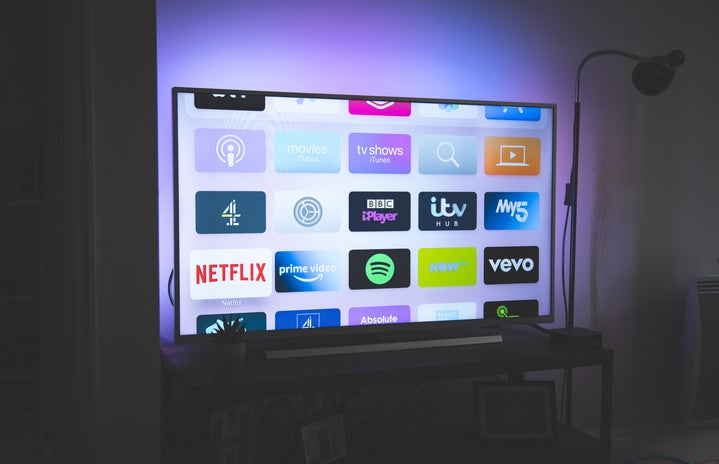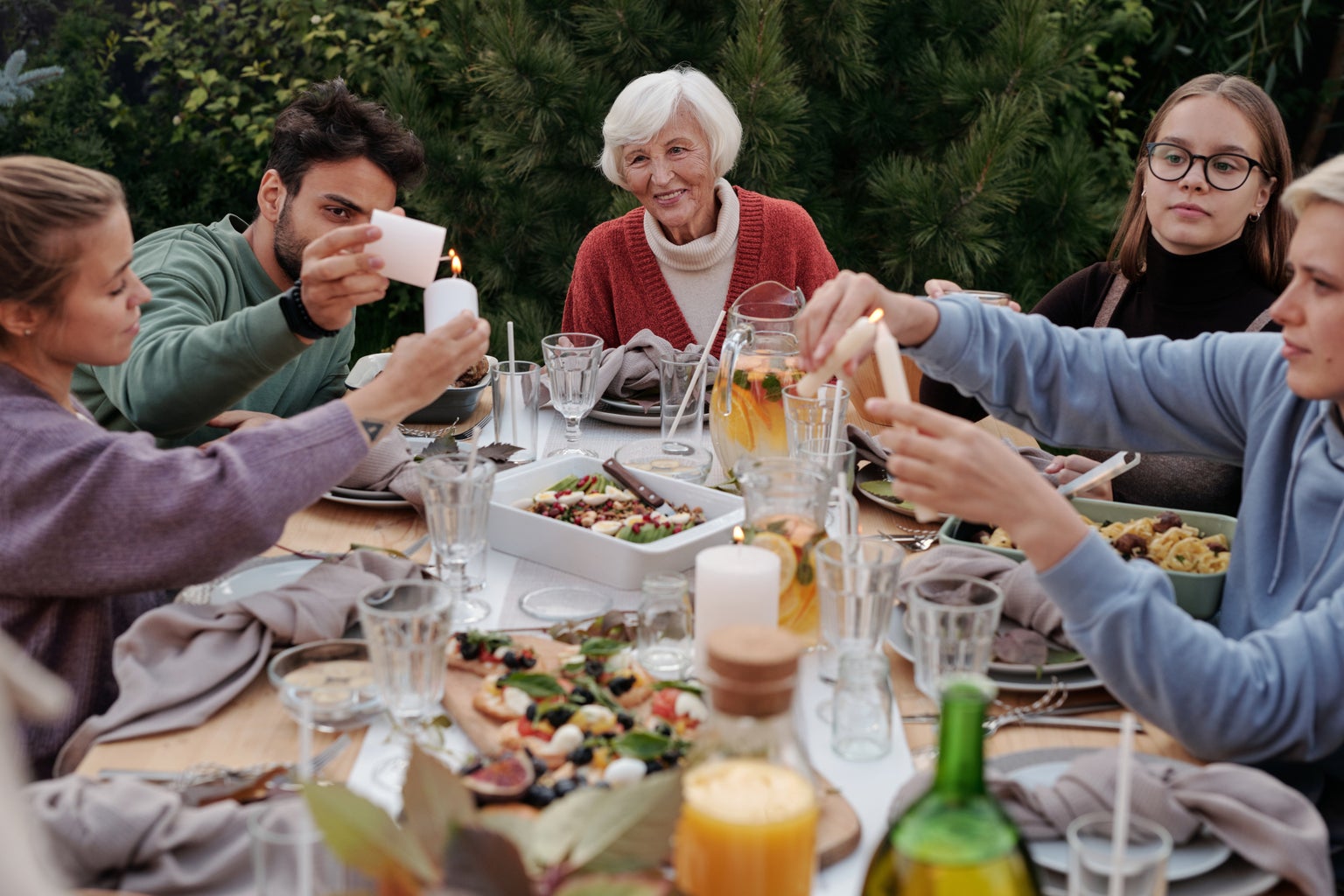Recently, I started watching the kids’ show Bluey. My friend is an Education major who works at a nearby elementary school, so she watches the show with her kids regularly. Thus, she has influenced our whole friend group and now we all watch random episodes using Youtube.
Bluey is a show targeted towards 3-5-year-old children about an Australian dog family: Chili (mom), Bandit (dad), Bingo (little sister), and Bluey (the main character/ older sister). Currently, the show is ongoing with three seasons originally airing in 2018.
Although I am a twenty-year-old woman, I enjoy watching the show. I would not consider Bluey a sitcom, but it is still very amusing to watch as I am halfway through season one. It is relaxing after a long day of work and classes. I do not need to pay extra attention since the episodes are one-shots. As Bluey is aimed at a younger audience, everything is more lighthearted and fun. Each episode is also around eight minutes long so the time flies when watching. Sometimes when I am doing my laundry, I will just have the television in the background.
In my opinion, Bluey does an excellent job of portraying kids and their idiosyncrasies. It is a little silly, but they show Bingo asking weird random questions (like normal kids do), or portraying Bluey as a kind of selfish older sister. The characters, at least the kids, are relatable. I remember playing similar games as a child and having similar problems. For example, when my friends and I wanted to play a game of “checkout” (pretending to be a store) and we had difficulty deciding each others’ occupation. Quickly, in the show and real life, it all resulted in chaos.
Also, the show models good family dynamics. The parental characters display affection for each other in a way I never saw in kids’ shows growing up. They kiss, hug, and support each other. In my experience with children’s shows, the parents are not there or barely mentioned, or their whole existence (or character in general) revolves around their child. Although it is a little odd to deeply analyze a series for little kids, I like that Bluey depicts parents having lives outside their children and having other priorities. They represent that the parents are people (well.. actually dogs) too.
Furthermore, Bluey highlights the role of fatherhood. Usually, I am accustomed to shows manifesting arbitrary gender roles where the mother bears the sole responsibility for the children, but in this show, Bandit is the main caretaker of the children. He interacts with the kids the most and plays with them which is very refreshing.
The show also gives morals without shoving them down your throat for both parents and children. While teaching kids everyday lessons through didactic stories, adults can learn too. For example, in one episode, Bluey’s father was playing a little too rough with Bingo. They have a whole discussion about Bingo’s comfortability while roughhousing and Bandit being mindful of his strength while playing with his youngest. Thus, the show teaches how adults should interact with children more carefully.
The show sets up an idea of healthy relationships and teaches kids how to interact with others. There is an emphasis on the gentle parenting technique where words matter and characters take accountability for their actions. Bluey and Bingo (and the other kids) speak their minds and express why they like or dislike the actions of others. They also make clear boundaries that show children that their voices matter. Additionally, the adults are able to have civil conversations with the kids about their own boundaries too because respect goes both ways. Bluey is fun for both kids and adults. I genuinely recommend this show to everyone!




